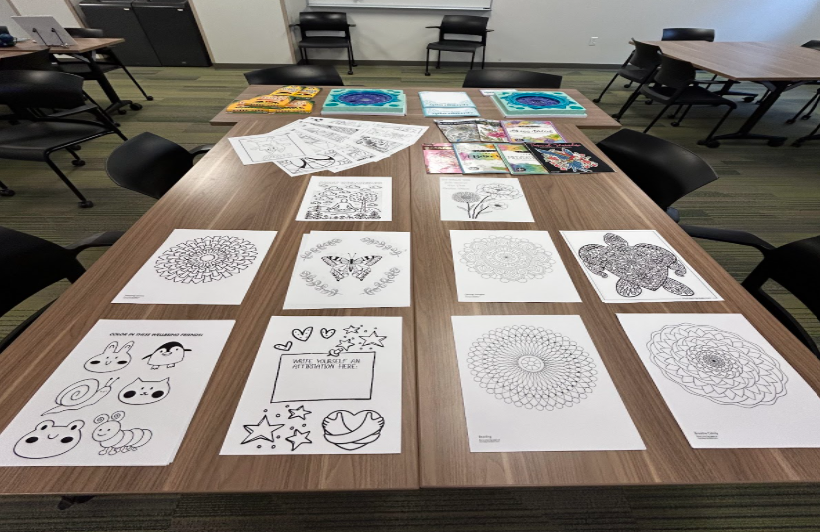NMU will receive over $670,000 from the national government to add on to the electric power technician program that will train about 40 entry-level electrical technicians a year.
Starting in the fall semester of 2010, NMU will add many new classes and technology to the 2-year associate-degree in the electric power technician program. This major is directly related to substation technology, which involves changing voltages and repairing substations that are malfunctioning. The objective of this addition is to train people who are currently out of work and provide them with the skills to enter a new field of electronics.
Michael Rudisill, head of the engineering technology department at NMU, and the entire staff of the engineering department are very excited for the new classes being created and believe it will bring in more students, Rudisill.
“Because of our hands-on experience, NMU already has a lot of students coming here,” Rudisill said, “But we believe this extended major will bring even more students.”
This program started last fall, but with the grant money, the university will be able to expand the amount and variety of classes and personnel that are directly related to this major. The grant money is coming from last year’s economic stimulus bill. President Barack Obama set aside $5 million for the state of Michigan.
Many community groups are already supporting this new major financially, including the American Transmission Company and the Lake Superior Community Partnership. Rudisill hopes more will join in once the new classes are added.
“I think this grant will raise Northern’s profile in this area,” Rudisill said. “It will make us one of the big players in the electrical technology field.”
According to Rudisill, an electric power technician major will directly affect Northern Michigan and its surrounding area. This major will prepare students for jobs in mines, paper mills and any large factory that brings in more power than the average company, said Rudisill. These students will be able to fix the electrical problems that those companies may face because of the large amount of electricity they are producing and using.
Rudisill said there are many scholarships available to students who want to enter this major. There are also many career opportunities for students who graduate with this degree. Throughout the past couple of years, the university has conducted many surveys to make sure the addition of this major will be successful.
“Two years ago, we did a survey in the Upper Peninsula and Northern Wisconsin and found out there was a big demand in this field,” said Rudisill.
Robert Marlor, an associate professor in the Engineering Technology Department, said that the new classes added to the electrical power technician program will bring in many new students.
“The demand for electricity is pretty steady, so the ups and downs experienced in other industries are relatively mild in the electrical power industry,” he said.
Marlor said that this new technology, including a substation that will be placed outside of Jacobetti, will be available for students in other majors such as Electronics Engineering Technology, Industrial Technology, and Mechanical Engineering Technology. This will create more hands-on experience for the students.
“The new faculty and equipment being brought in for this could provide learning opportunities for existing faculty and students,” Marlor said.
This new program will show Michigan legislators that NMU is doing its part to help the economy, said Marlor. When the legislators are deciding how to allocate the funds next year, they will see that NMU is thriving in their engineering department and is helping with the local economy.
Many students have already taken advantage of the few classes already offered in this major. Chris Aepelbacher, a senior in the electronic engineering technology major, is currently taking a class that is offered in the substation technology major. Aepelbacher said that being able to visit working substations in the field provides great experience for students, but having an actual substation on campus would be more convenient and provide even more hands-on experience.
“Adding a substation to the program would be a big help to students because they can take their knowledge and theory from the classroom and apply it to a real world situation,” Aepelbacher said.


























